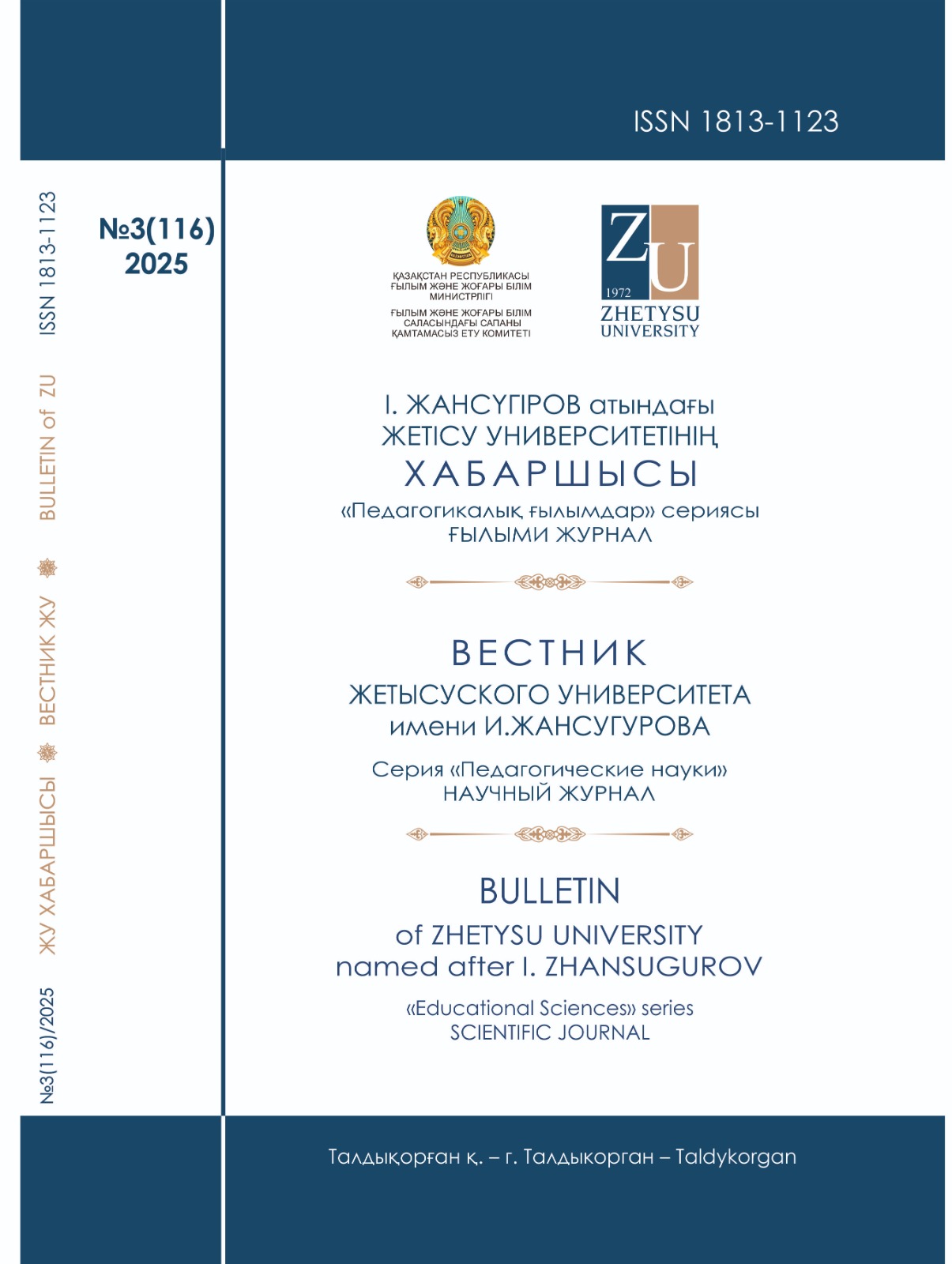PERSONALIZING LANGUAGE LEARNING IN PRIMARY SCHOOL: A DIGITAL PERSPECTIVE
DOI:
https://doi.org/10.53355/ZHU.2025.116.3.005Keywords:
personalized learning, linguistic personality, primary education, digital transformation, educational technology, AI in educationAbstract
This article investigates the potential of digital technologies to personalize and enhance language
learning for primary school students. It examines how various digital tools, including educational platforms,
interactive chatbots, and mobile applications, can actively shape students’ linguistic identity while supporting the
integration of Russian and Kazakh in a multilingual learning environment. The study emphasizes the advantages of
differentiated instruction enabled by technology, allowing teachers to tailor lessons and activities according to
individual student progress, learning styles, and cognitive preferences. Furthermore, it highlights the role of digital
tools in fostering learner motivation, autonomy, and engagement through interactive tasks, adaptive feedback, and
gamified learning experiences. By promoting creativity, collaboration, and intercultural communication, these
technologies contribute to a more inclusive and student–centered educational model. The research draws on practical
case studies and theoretical frameworks, demonstrating that digitalization not only enhances academic performance
but also develops students’ confidence, cultural awareness, and lifelong learning competencies. Ultimately, the study
underscores how integrating digital tools into primary education can transform traditional classroom practices,
enabling educators to provide more personalized, engaging, and effective learning experiences that respond to the
diverse needs of young learners in a multilingual and interconnected world.
Keywords: personalized learning, linguistic personality, primary

 ҚАЗ
ҚАЗ РУС
РУС ENG
ENG
